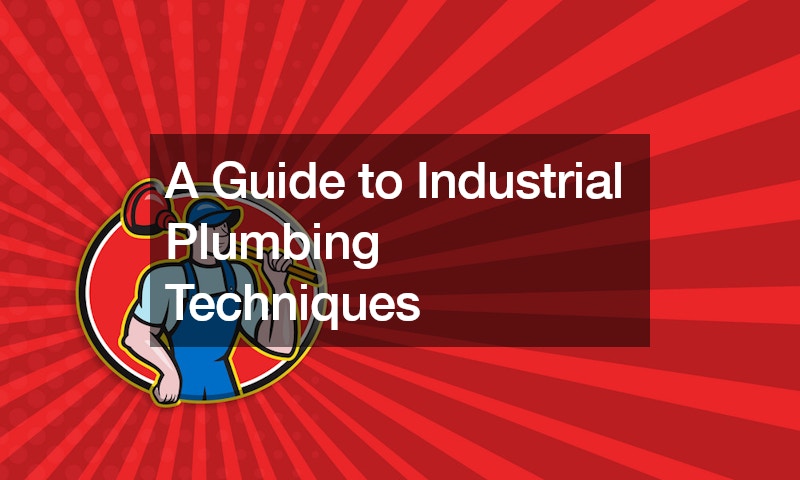
Ind Ustrial plumbing requires specialized techniques and considerations to meet the demands of large-scale operations. Understanding the unique challenges and requirements of industrial facilities is essential for successful plumbing installation and maintenance. One key aspect of industrial plumbing is the need for durable and corrosion-resistant materials. Stainless steel, PVC, and high-density polyethylene (HDPE) pipes are commonly used in industrial settings due to their strength and resistance to chemicals and harsh environments.
Choosing the right materials ensures longevity and reliability in industrial plumbing systems.
Proper sizing and layout design are critical for efficient water distribution and wastewater management in industrial facilities. Engineers must account for factors such as flow rates, pressure fluctuations, and system capacity to optimize performance and prevent issues such as water hammer and backflow. Industrial plumbing often involves complex systems such as fire suppression, process piping, and wastewater treatment. Implementing advanced technologies such as programmable logic controllers (PLCs) and sensors can enhance control and monitoring capabilities, improving safety and efficiency.
Regular maintenance and inspection are essential to prevent downtime and ensure compliance with regulatory standards. Industrial plumbing systems should undergo routine checks for leaks, corrosion, and mechanical failures, with repairs and replacements conducted as needed to prevent costly disruptions to operations. By following these industrial plumbing techniques and best practices, facilities can maintain reliable and efficient plumbing systems that meet the demands of modern industry.


